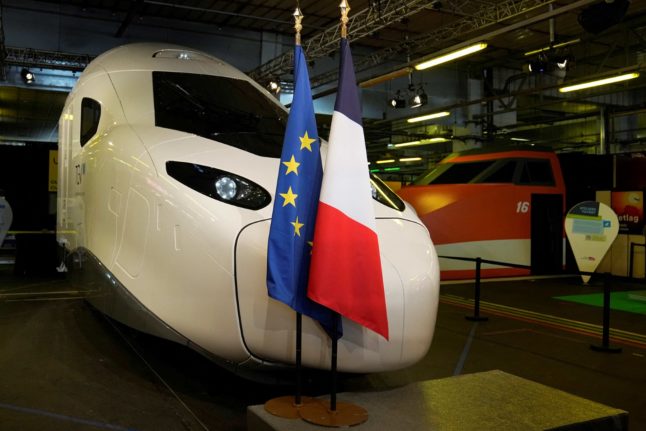Inside France is our weekly look at some of the news, talking points and gossip in France that you might not have heard about. It’s published each Saturday and members can receive it directly to their inbox, by going to their newsletter preferences or adding their email to the sign-up box in this article.
Freedom of movement
There’s been a lot of political reaction in the UK to the EU’s proposal for a ‘youth mobility scheme’ to allow young people in the EU and UK to move countries for up to four years to work, study or just hang out – the suggestion being that it “restores pre-Brexit freedom of movement”.
As someone who has personally benefited hugely from EU freedom of movement (and probably would never have been able to move to France without it) I would be very much in favour of that.
But when you actually read the EU’s proposal, that’s not quite what is being suggested. It’s also at the very early stages, with negotiations not even opened yet, and the UK could kill it for any reason. Sadly, I think young people will be waiting a while for this, if it happens at all.
How would an EU-UK ‘youth mobility scheme’ really work?
Facing the past
This year is the 80th anniversary of the D-Day landings and the liberation of Paris, which will be remembered with a lot of international events.
However this week president Emmanuel Macron presided over a memorial of a different kind – remembering the massacre at the Alpine village of Vassieux-en-Vercors, where Resistance fighters were killed by French collaborators.
Referring to the collaborators, Macron said: “Let us also remember these French people, their choices and errors.”
This might all seem like ancient history, but I think the stories that countries that tell themselves about their past are important and how countries face up to complicated narratives like World War II are especially important – because all over Europe the far-right are peddling simplified and idealised versions of ‘history’ to create false narratives about the present.
Sweet non-treats
I was appalled this week to see this birthday non-cake given to finance minister Bruno Le Maire. Sure it looks pretty but what actually is it? A plate of fruit, a really thin flan? One thing it is certainly not is cake, which leads me to the conclusion that his colleagues secretly hate him, if this is what they got for him . . .
Talking of sweet (non) treats, over in the UK the Guardian’s restaurant critic Jay Rayner is apparently planning to try a ‘crookie’ (cookie dough croissant) on his next visit to Paris. I really would suggest that he doesn’t bother, not only are they horrible but they are €5.50 each.
You can spend a lot of money on fine dining in France if you want (or less money if you take advantage of some of the great lunchtime offers) but two of France’s best creations are also the cheapest – a baguette for roughly €1 (or €1.20 for a tradition) and a croissant for an average price of €1.10.
Train travel
And RIP to Jacques Cooper the designer of the second best thing about France (after the baguette) – the TGV, those high-speed trains which make exploring the country such a joy.
9 things to know about France’s TGV
Prompted by his rather non-French sounding surname I looked him up and discovered that he does indeed have (distant) British ancestry, his father came from Chantilly, which has a significant community of people with British roots, descended from those who came to work in the horse-racing industry at around the turn of the century.
Inside France is our weekly look at some of the news, talking points and gossip in France that you might not have heard about. It’s published each Saturday and members can receive it directly to their inbox, by going to their newsletter preferences or adding their email to the sign-up box in this article.




 Please whitelist us to continue reading.
Please whitelist us to continue reading.
Member comments